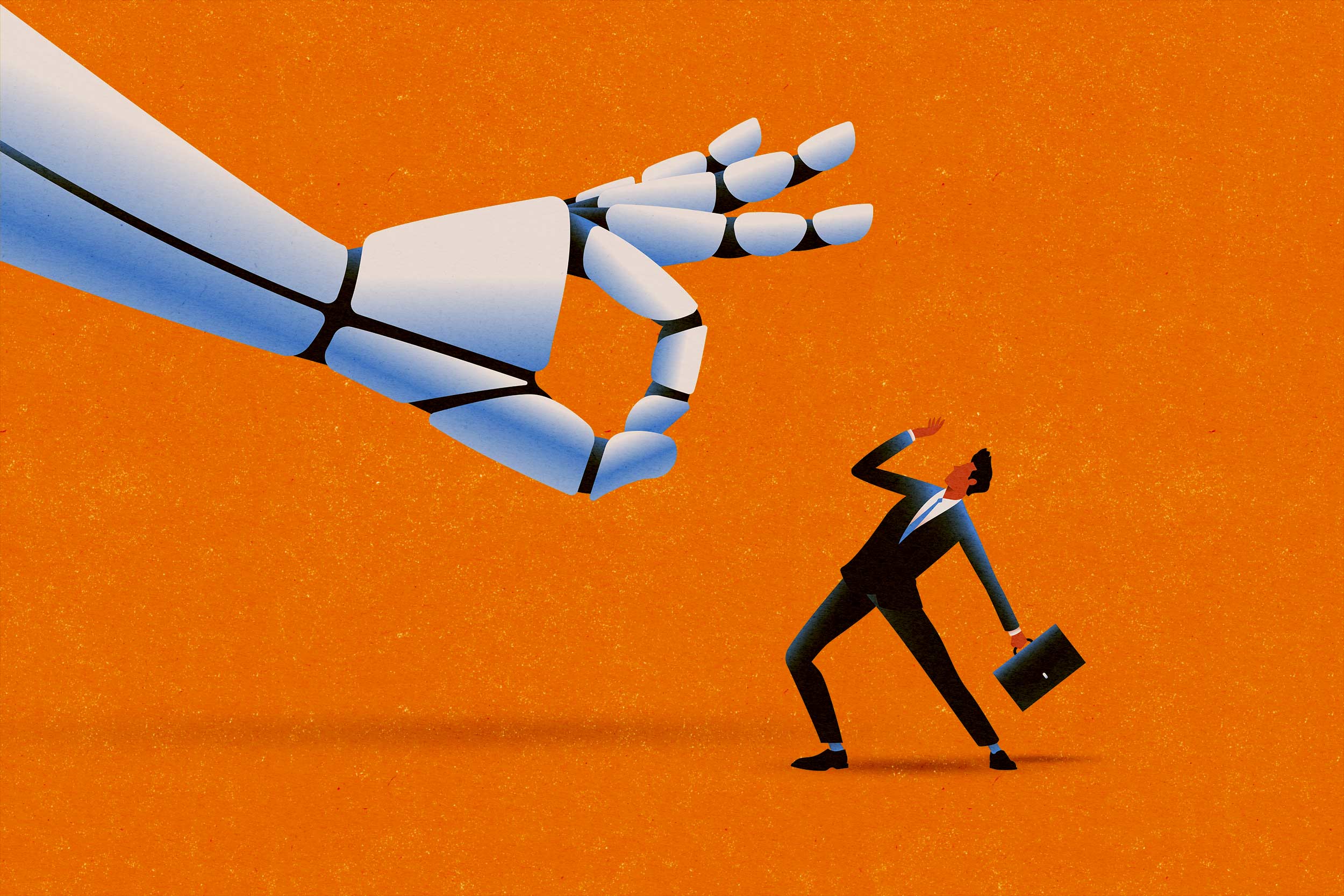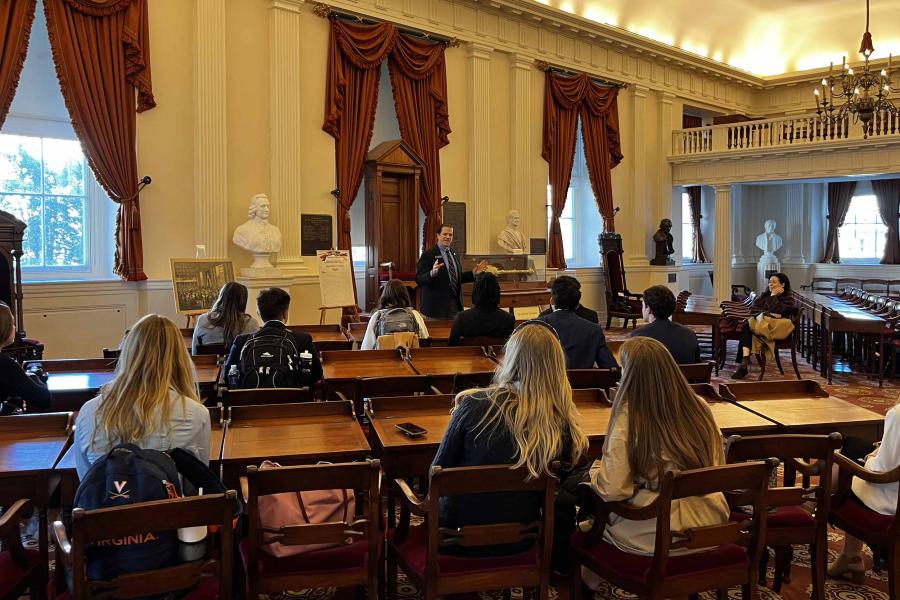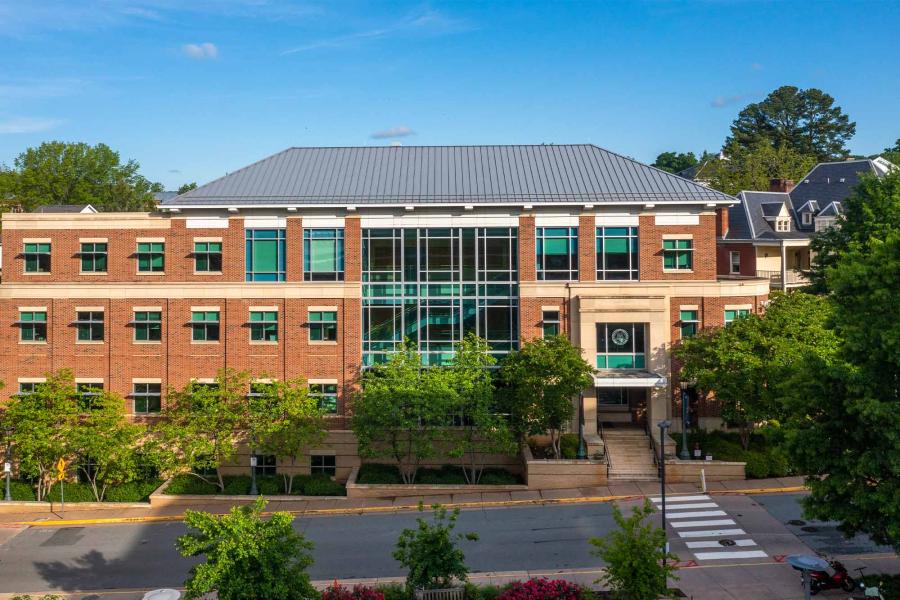From actors and screenwriters to dockworkers and autoworkers, the threat of artificial intelligence and automation taking over jobs has led to efforts at closing the gates and keeping them out of professions and occupations in the past few years.
At the same time, companies and corporations from Microsoft to Tesla hail the future of automation. Even the University of Virginia is getting into the effort with programs at the School of Engineering and Applied Science and the creation of the Darden School’s LaCross Institute for Ethical Artificial Intelligence in Business.
What are we to make of the promise or peril of automation in business and society? We checked in with UVA Darden School of Business professor Mike Lenox, an expert on the disruptive power of technology, for analysis.
Q. Why does the prospect of automation create angst, anger and excitement at the same time?
A. The obvious answer is that automation will replace human labor. This creates incredible angst and anxiety, as one may find their livelihood threatened. Since the time of the Luddites, if not before, there has been this fear that the machines are taking our jobs. And, in fact, they do often replace certain jobs.
The good news is that technological disruptions often create new, better jobs. But that doesn’t allay the concerns of specific workers being disrupted by automation and being forced to retrain and find new jobs.
Q. Even after getting a new contract, the dockworkers’ union leader vows to keep fighting automation in U.S. ports. Is that realistic?
A. To be a little too cute, I like to say that technology always wins. Automation of ports has already begun. The technology is generally mature enough to make this possible in a closed environment like a port. I think automation will occur. The economic incentives are too overwhelming to imagine the dockworkers delaying a transition indefinitely.

UVA Darden School of Business professor Mike Lenox is an expert on the disruptive power of technology. (Photo by Sam Levitan)
Q. How realistic is Tesla CEO Elon Musk’s vision of fully autonomous vehicular travel?
A. This is the big question. Experts vary greatly in their forecasts of when we see full autonomy of autos, what we call “Level 5 autonomy.” Autonomous vehicles have made incredible progress in the past decade, but we are still not there with full autonomy. Musk’s vision is realistic in the long run, though his technological approach of using mainly cameras instead of advanced systems like lidar has been called into question by many autonomous vehicle experts.
Q. How does the proliferation of artificial intelligence in business influence this ongoing tension?
A. Lost in the hype around generative AI is that autonomous vehicles are a particular application of artificial intelligence. Like generative AI, autonomous vehicles will continue to go through various stages of the “hype cycle,” going from excitement to disappointment. Technological disruptions can take time.
I like to joke that disruptions never seem to come until they do. That is the nature of technological improvements.










